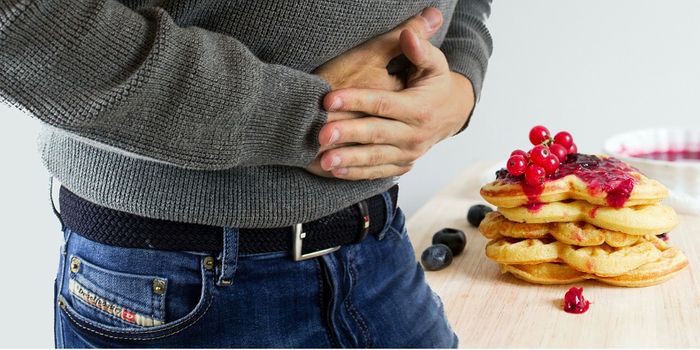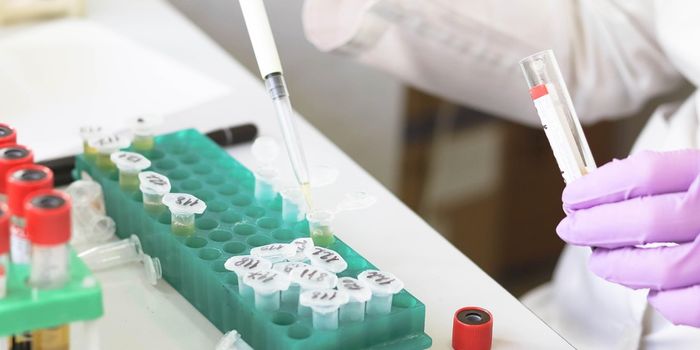Gut Bacteria Influences Response to Fear
The last decade has seen an increasing amount of interest on how our gut bacteria, or microbiome, influences our health. Now, from a new study looking at mice, it seems that the composition of bacteria in our gut may influence our behavior- specifically our ability to unlearn fear.
For the study, researchers from Cornell University in New York trained mice to fear a sound by delivering a small electrical shock to their paws each time they heard it. Under normal circumstances, even after learning the fear response, if the sound is repeated enough times without an electric shock, mice gradually unlearn their fear response as they realise the sound no longer precedes a threat. This process of unlearning is known as “extinction learning”.
However, the researchers found that, unlike mice with regular microbiomes, mice given strong antibiotics to disrupt their gut bacteria, alongside those bred to have an unbalanced microbiome from birth, were unable to “unlearn” their fear response. This means that, even when the sound didn’t precede an electric shock for an extended period of time, these mice still froze in fear each time they heard it.
When the researchers analyzed their brains, they found that these mice had different genes switched on to those with healthy microbiomes. Looking at their medial prefrontal cortices (mPFC), an area crucial for extinction learning, the researchers found that the absence of certain gut microbes changed their gene expression of microglia, immune cells responsible for interconnecting neurons. This then altered the way neurons were able to form and eliminate connections during learning and forgetting.
To understand whether this lack of ability to unlearn fear is treatable, the researchers also ran experiments in which they restored the mice’s gut bacteria at various stages. In the end however, they found that it was only possible for mice to unlearn a conditioned fear response if their gut bacteria was restored just after birth. This means that, for those who had their microbiomes disrupted by antibiotics later on, even restoring their gut bacteria did not affect their ability to unlearn fear responses.
Although further research is needed to confirm the validity of these findings, and see whether they translate into human biology too, co-principal investigator, Dr. Conor Liston, hopes that these findings will soon lead to new treatment targets.
Sources: Psychology Today, New Scientist and Nature









